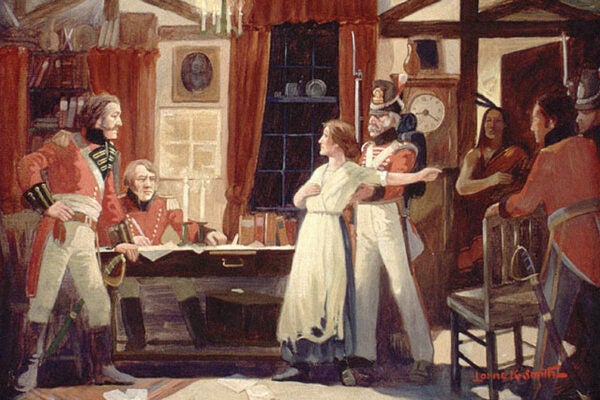Besides Rosa Parks, many of the female heroes and leaders of the Civil Rights era remain largely unknown and unrecognized. Ella Baker, Johnnie Carr, Septima Poinsette Clark, Dorothy Cotton, Georgia Gilmore, Thelma Glass, Fannie Lou Hamer, McCree Harris, Shirley Sherrod, Diane Nash, and JoAnn Robinson, among others, were grass-roots and behind-the-scenes powers. Many still haven’t been given their due. As Bernice McNair Barnett says, these Southern black women operated under the “triple constraints” of gender, race, and class, which made them all but invisible during the Civil Rights struggle—none was ever a “spokesmen”—and for a long time in the history written about the era itself.
As Barnett notes, “although seldom recognized as leaders, these women were often the ones who initiated protest, formulate strategies and tactics, and mobilized other resources (especially money, personnel, and communication networks) necessary for successful collective action.” Cutting across a wide socio-economic spectrum—”sharecroppers, domestic and service workers, school teachers, college professors, housewives, beauticians, students”—they were particularly vulnerable to bigotry, sexism (both black and white), sexual abuse, and institutionalized violence.
But “in their homes, churches, social clubs, organizations and communities throughout the South” their activism was absolutely key to the whole movement. For women often stepped up where men initially feared to tread. As Barnett says, there is a “tendency for women to be the initiators and to assume leadership roles in the early phases of revolutionary protest […] and for men to take over and assume positions of leadership during the later stages of protest.”
Ella Baker, for instance, was the Southern Christian Leadership Conference first staff member. Described by a male co-worker as “indispensable,” she was never given a permanent position or a salary comparable to the man who replaced her. Baker was also sidelined for her advocacy of decentralized organization and participatory democracy. “Strong people,” she said, “don’t need strong leaders.”
All this work came at some sacrifice, including violence and jail-time. Others had the economic screws turned on them. To give two examples: Georgia Gilmore was fired from her job as a cook and blacklisted, and JoAnn Robinson was forced to resign her Alabama State position for her support of the Montgomery Bus Boycott. But they thought the cause was worth the danger. Barnett notes that their examples and others have inspired white feminist, LGBTQ, handicapped, and other liberation movements since.







